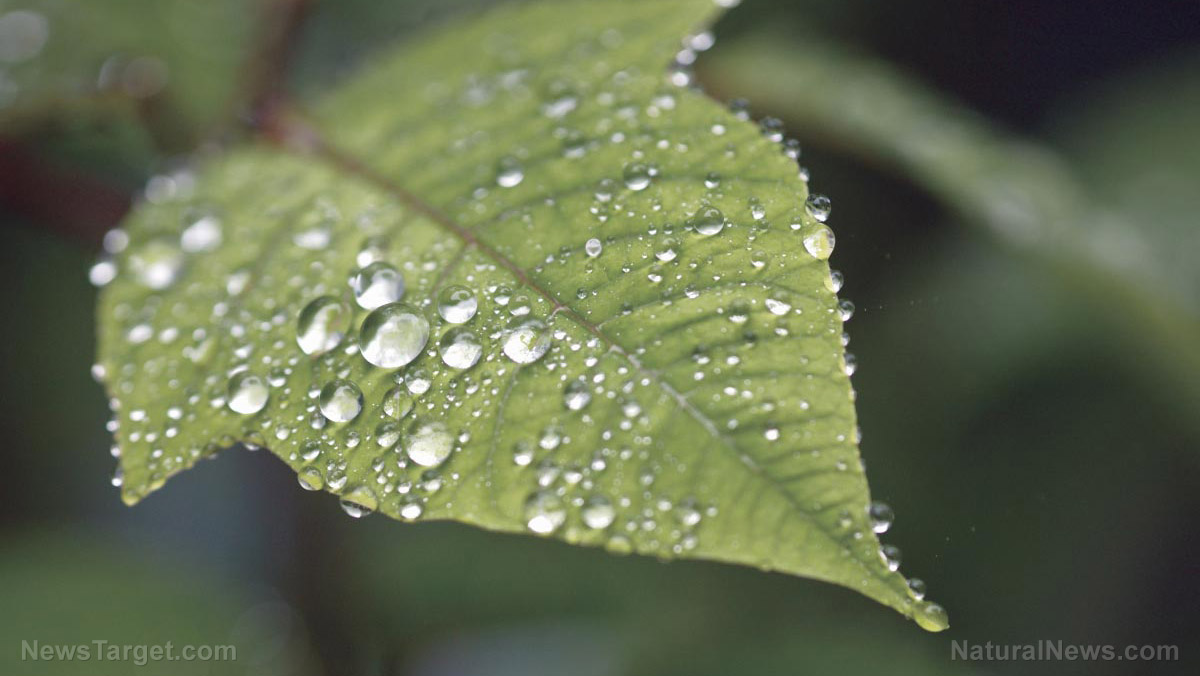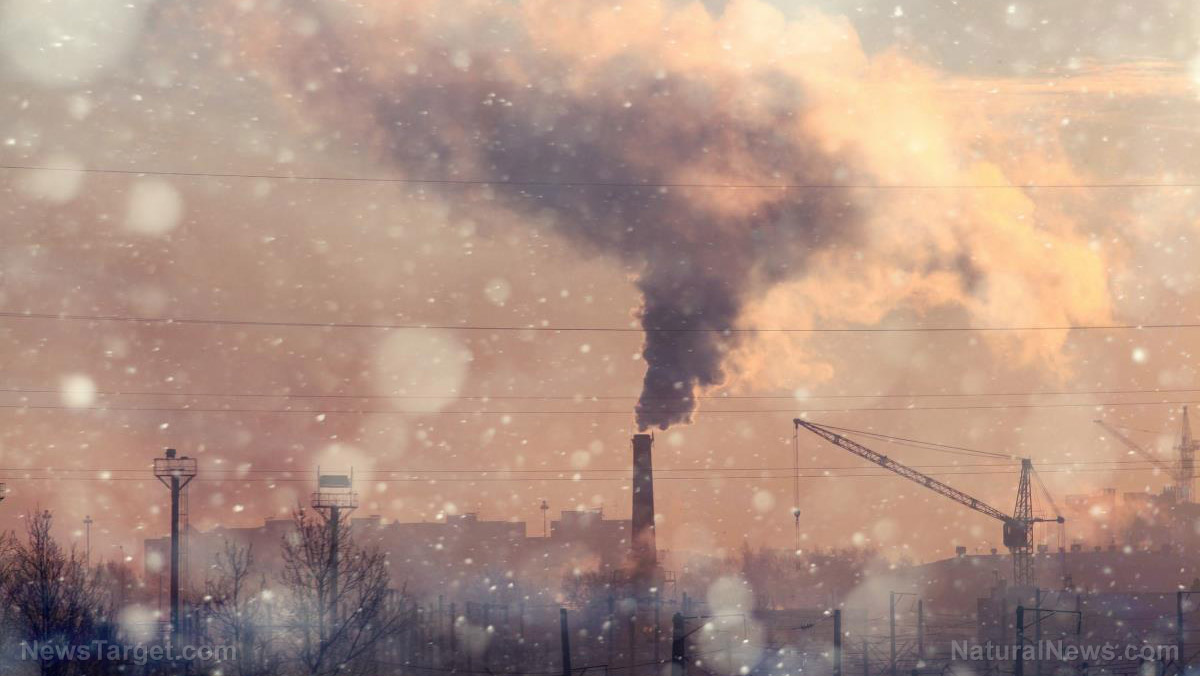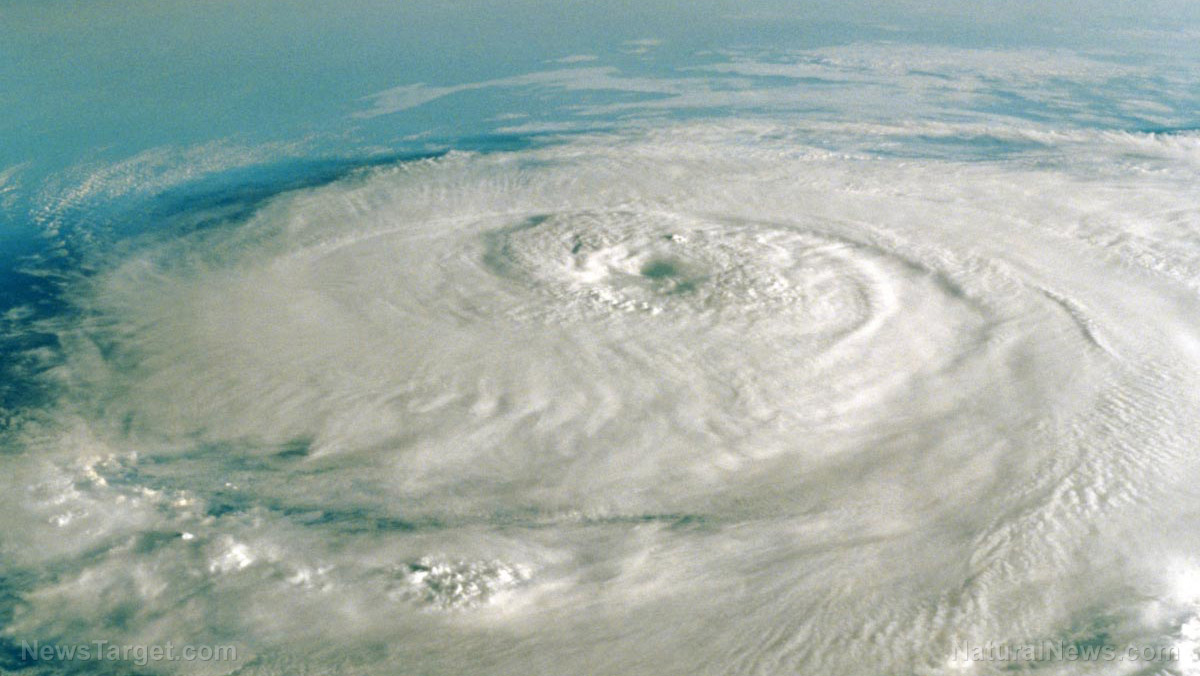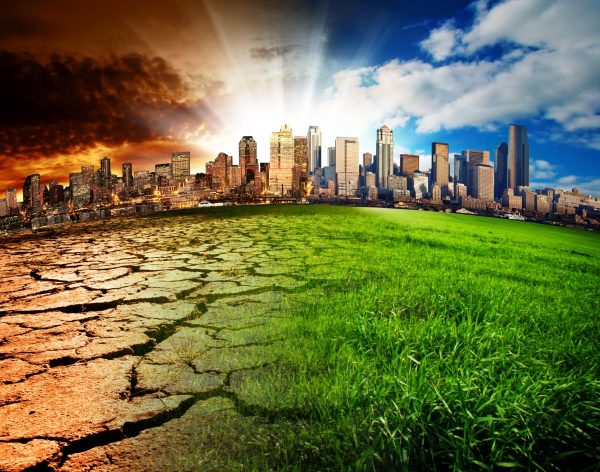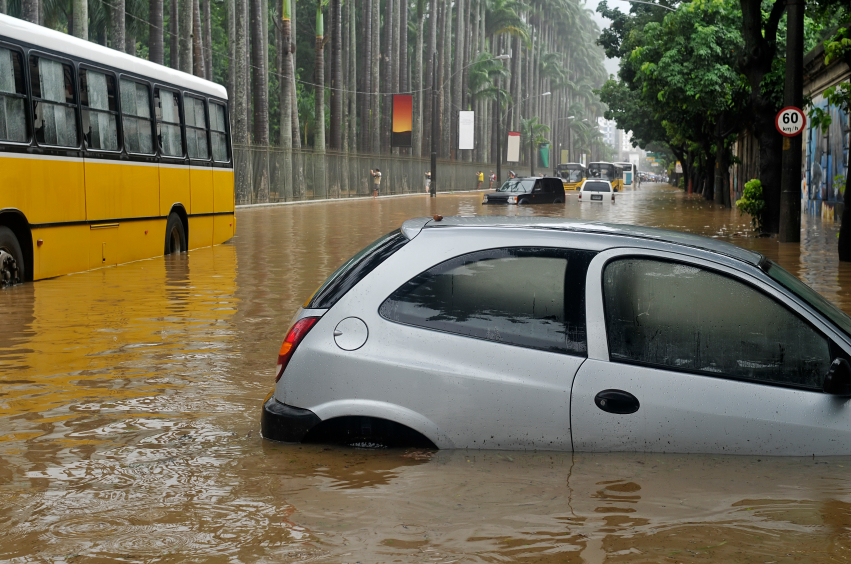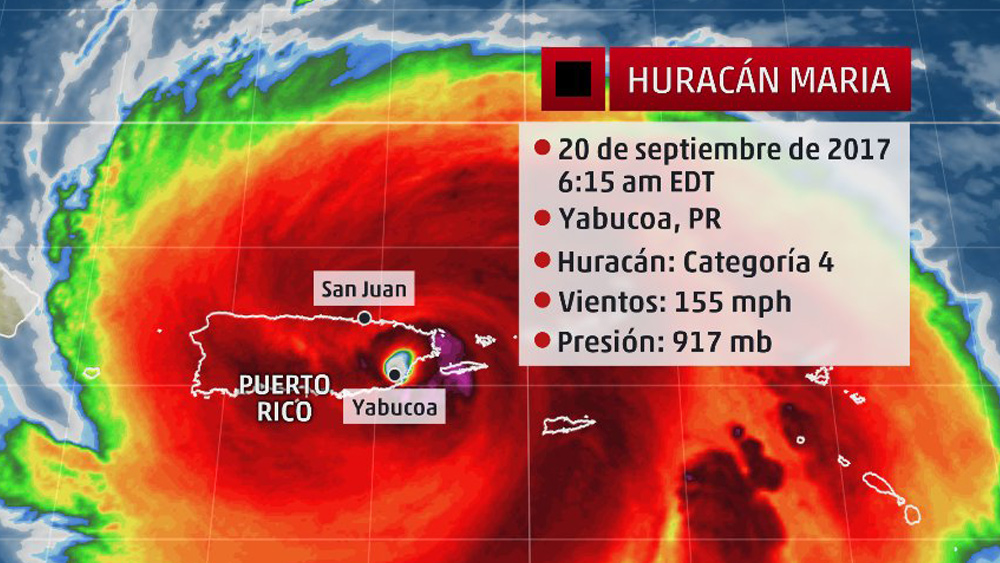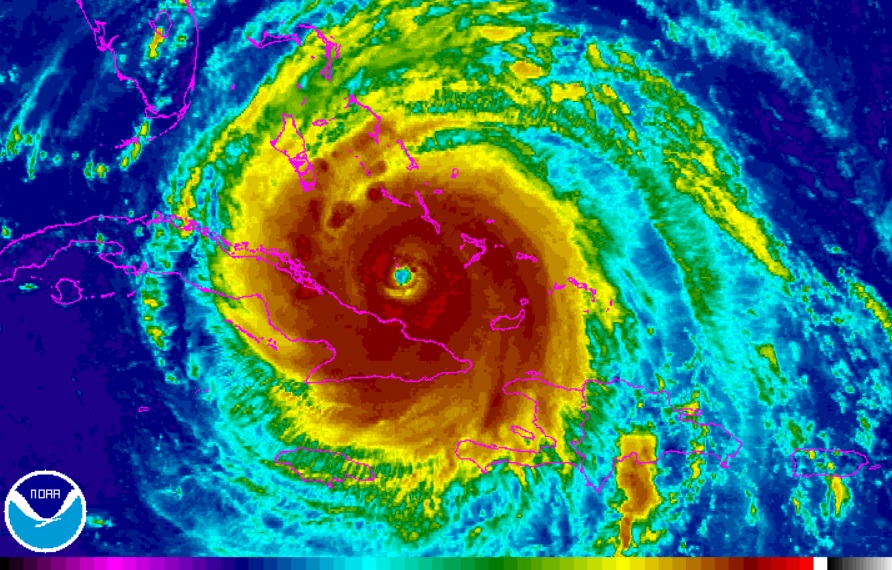Global food supply collapse “inevitable” due to monoculture abuse of non-renewable water supplies
09/07/2017 / By Lance D Johnson
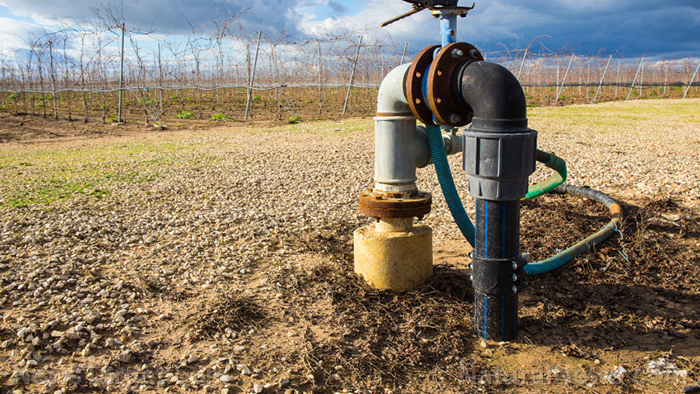
The demands of global food trade put tremendous strain on a specific region’s nonrenewable resources. Industrial farming and Western monoculture are slowly collapsing the global food supply. For example, the global demand for U.S. rice could strain the nonrenewable water resources of the specific region where the rice is grown. Already, fields are over-farmed to meet global demand, leaving behind depleted soils that lack macronutrients. Just as horrifying, when water is forcibly irrigated to grow a specific crop to meet global demand, critical groundwater supplies are depleted, little by little. If one region of a country is forced to export a specific crop for populations around the world, nonrenewable water resources can be misused and overused, leading to instability and collapse in the long term global agricultural trade.
A new study published in Nature highlights the problem of depleted groundwater reserves due to heightened irrigation practices. From 2000 to 2010, worldwide groundwater irrigation increased by 25 percent. In China, nonrenewable groundwater irrigation doubled. Aquifers are drying up the fastest in USA, Mexico, Iran and China. The trajectory is unsustainable. If consumer and producer habits don’t change, then the future is bleak. Food prices will continue to climb and access to imported foods will be extremely limited.
Groundwater supplies global agriculture with roughly 43 percent of the total water used. Groundwater is nonrenewable because it doesn’t refill, or recharge, as fast as it is irrigated out of the ground. The problem becomes more severe when a region suffers from extreme weather. When a prolonged drought, earthquake or fire strikes a region, groundwater becomes even more important for the region’s survival.
In the study, researchers used trade data gathered from the United Nations. They found that global trade puts the most strain on the water resources needed for rice production. Groundwater needed for rice production accounts for 29 percent of the loss of nonrenewable groundwater, worldwide. Wheat trade contributes 12 percent to the loss. Additionally, cotton contributes (11 percent), maize (4 percent), and soybeans (3 percent).
Study author, Carole Dalin of the University College London’s Institute for Sustainable Resources, sounded the alarm, “Our research shows that unless both consumers and producers agree to adopt strategies that maximize the long-term sustainability of water use, most of the world’s population risks seeing increased food prices or disrupted food supply.”
Monoculture, GMOs can be replaced with more sustainable permaculture and aquaponics
One of the problems with GMOs is they force a region to focus on maximizing the yield of single crops. Genetically altered to withstand glyphosate (or the latest chemical), these specific GM crops then dominate the market and force out diverse crop varieties that have adapted to the region’s weather and climate. The wisdom of farming is being lost as seed saving becomes a thing of the past. Likewise, certain crops that survive droughts may pass on traits to the next generation of seeds that allow future plants to survive with less water. We are circumventing nature.
Agrochemicals also destroy the diverse fauna and bacteria ecosystems. Wild herbs, flowers, and helpful soil bacteria get wiped out as glyphosate-resistant GM crop yields increase. The GMO model has also concentrated farming into industrial large scale operations that force out diversity of other crops that could better sustain a region and promote more efficient trade and management of natural resources.
When seed and agrochemical companies promise “greater yield” they are only talking about increasing the yield of a single, specific crop. In order for there to be true food security and food sustainability per region, there must be a greater yield from a diverse selection of nutritious crops. Water must be responsibly managed and agricultural systems must be conscious of soil nutrition. Local trading of food crops is more sustainable because it requires less energy to transport. There needs to be more decentralization to small farms that adhere to responsible permaculture practices. In permaculture, farmers are conscious of the cycle of life and understand how plants, fungi, bacteria, animals and decaying matter all work together to sustain life. Another agricultural practice that conserves water and natural resources is aquaponics. An aquaponics system, such as the Mini Farm Grow Box, uses 20 times less water than conventional growing systems. It’s solutions such as these that are going to feed the world in a sustainable way for years to come.
Sources include:
Tagged Under: global food trade, groundwater depletion, monoculture, nonrenewable resources


